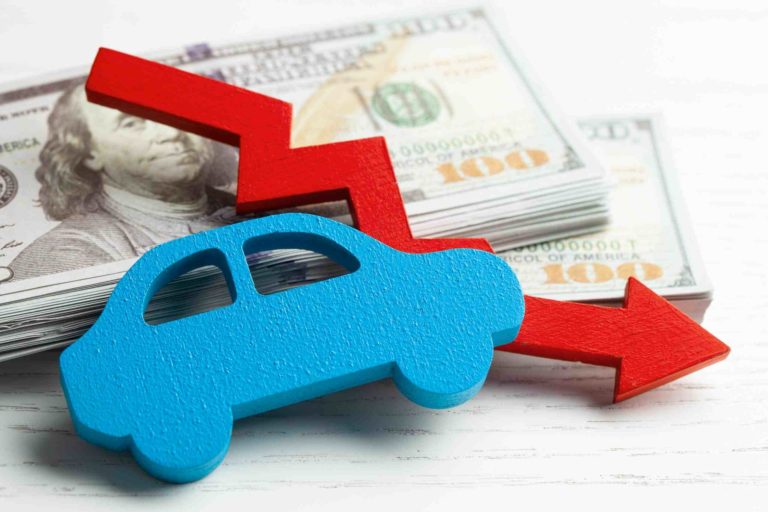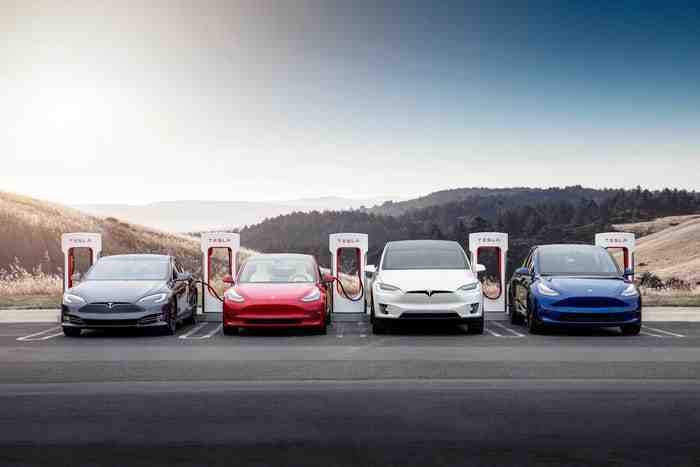Class-action lawsuit claiming Geico overcharged for auto insurance to move forward
A federal judge has allowed a lawsuit against Geico Corp. proceed as a class action. Geico overcharged more than two million drivers in California for car insurance in the early months of the COVID-19 pandemic, it claims.
At the beginning of the pandemic, some of the strictest quarantines were introduced. This led to forced changes in the behavior of Americans across the country. For drivers, this meant leaving their cars in the garage, used only for occasional trips to the grocery store.
This lack of activity significantly reduced the risk of collisions. Even while the person was on the road, there was very little traffic. Insurers are expected to give discounts or refunds in such cases. In fact, there are a number of car insurance discounts available to even low-risk drivers in normal times.
Geico actually offered some relief. They provided $2.5 billion to policyholders. However, they provided this in the form of credit, including renewal discounts. The class-action lawsuit claims that what they provided was sorely lacking, based on what they reaped from the drastic reduction in payouts.
For its part, Geico is fighting this class action. Previously, the firm argued that a class action would create insurmountable manageability problems. The U.S. district judge who allowed the class action to proceed — Beth Labson Freeman of San Jose — rejected the claim.
Freeman argued that a class action would be better than individual actions, with the damages model provided by the plaintiffs potentially “[representing] an appropriate percentage of recovery over a long enough time” to address the issues of manageability.
Geico also made other claims regarding the validity of the class action. They said it could not explain the differences among policyholders. There is a basis for this, given that different people are insured for very different periods of time. They also stated that there will be major difficulties in retroactively assessing damages, isolating the costs of the pandemic and adjusting rates.
The main challenge facing Geico is their own promises made during the early days of the pandemic. They claimed that their loan program would provide “significant and complete relief”. Although the terms used are unclear, this could work to the plaintiff’s advantage. It is difficult for the company to claim that it has provided this relief if so many policyholders refuse it.
That being said, Geico could win this lawsuit. Similar lawsuits have been filed against them in Chicago and Manhattan. While the Chicago lawsuit is pending, an appeals court upheld a Manhattan judge’s dismissal of the suit.
If you’re not familiar with Geico’s roots, the company is part of Warren Buffett’s Berkshire Hathaway Inc. Berkshire has wholly owned Geico since 1996. Berkshire is headquartered in Omaha, Nebraska, while Geico is headquartered in Chevy Chase, Maryland.
GEICO agreed to pay $19.1 million as part of a class-action settlement to resolve allegations that it failed to pay sales tax when paying total loss claims.


